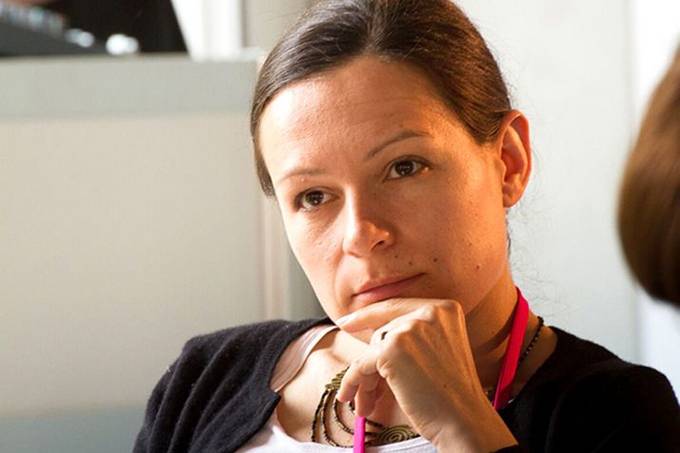Most Jews, who survived the Holocaust, remained hidden or spent the war years in exile, tried to rebuild their lives in their native countries at the end of World War II. However, many ended up as “displaced persons” in camps in Germany. Those who could no longer return to their former lives in a destroyed Europe often had no choice but to emigrate to the United States, Palestine or other countries. For the first time ever, an exhibition will present the history of the Jews in Europe between 1945 and 1950.
In the early days of the Cold War, the life decisions of many Jews were influenced by questions of political orientation ranging from communism to democracy to Zionism. Was it only possible to start a new life in a Jewish state following the Holocaust? Wasn’t it imperative to strengthen the ideals of socialism in order to lay the foundation for a better future without anti-Semitism? Pogroms in Poland in 1946 and political persecution in the Soviet Union crushed the hopes of many and sparked new waves of emigration. And even in Western Europe, the repatriates were frequently received with suspicion. Their unique plight of persecution was seldom acknowledged in these countries.
The history of these events can only be depicted from a transnational perspective. A study illustrating the particular circumstances of individual experiences has yet to be comprehensively conducted. The goal of this project was to reconstruct the situation of Jews in Eastern, Central, Western and Southern Europe. The four occupied zones in Germany comprised a special focus of the exhibition.
Events
No upcoming events at present
Previous events
31 August, 2021 to 18 January, 2022: Exhibition: Our Courage: Jews in Europe 1945-48
Museum Judengasse, Frankfurt am Main
3 December, 2017 to 5 December, 2017: Conference: Building from Ashes - Jews in Postwar Europe (1945–1950)
Goethe Universität, Campus Westend , Frankfurt am Main
Contact
Jüdisches Museum der Stadt Frankfurt am Main
Untermainkai 14/15
60311 Frankfurt am Main
www.juedischesmuseum.de (external link, opens in a new window)

